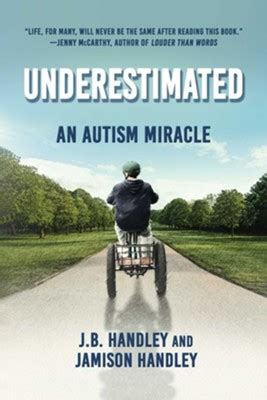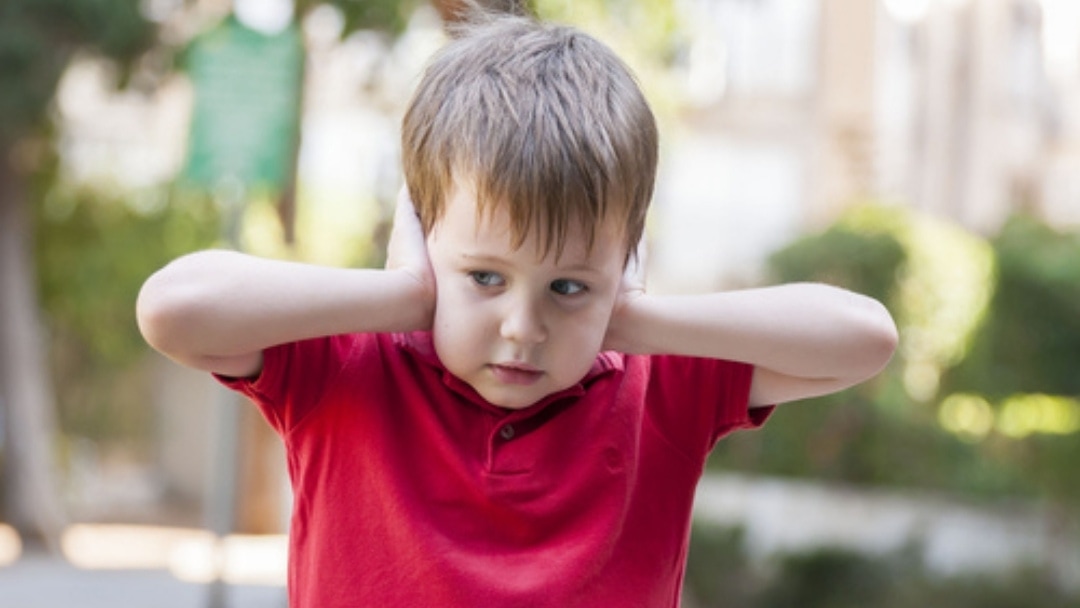On my answering machine was a message from the mother of Lance, a fifth grader with Asperger’s Syndrome. She was distraught. Sassing the speech-language pathologist (SLP) who ran a weekly social skills group, Lance had exclaimed, “You can’t tell me what to do.” “To the office!” she spat. “You are suspended from this group for three weeks. And you are sentenced to detention, besides!” “Patty, find us another school!!” Lance’s mother cried. “I can’t take this anymore.” Listening, I agreed wholeheartedly.
I had just returned from the 15th annual international conference on the Positive Power of Humor and Creativity. sponsored by The Humor Project in Saratoga Springs, NY. After spending the weekend taking life seriously and myself lightly, I wished that the SLP had been with me to hear Joel Goodman’s sage words.
Seven Good Reasons to Be Serious about Humor
Jest for the Health of It
The health-humor connection is well documented. Norman Cousins helped alleviate pain by watching Marx Brothers movies. Laughter (“jogging for the guts”) increases the immune system’s functioning and reduces stress-related hormones. For kids with immune system dysfunction, laughter is essential.
Love And Understanding Give Hope To Emotional Recovery (LAUGHTER)
Teachers and parents need a readily available “mirth aid kit,” equipped with bubbles, stickers, and zany props.
A Smile Is the Shortest Distance Between Two People
Transcending age, rank and size, humor connects people. It helps people disagree without being disagreeable. Whereas businesses use Total Quality Management (TQM), schools and families need TQH (Total Quality Humor).
Laughter Loves Company, and Company Loves Laughter
Do announcements over the loudspeaker at school get much attention? What if they were humorous? Suppose the principal offered a joke-of-the-day prize. Would more ears perk up?
Ben and Jerry’s awards “joy grants” to its employees for good performance. How about joy grants for can-do teachers and students? How about a trip to the toy store for Lance’s good behavior – instead of detention for sassing?
It’s Laughademic
Laughter and learning can go hand in hand. Humor in a lesson captures attention, reduces tension, and increases retention. The act of laughing adds energy that further increases learning.
Humor Creates Inverse Paranoids
An inverse paranoid is someone who thinks the world is there to do her good! Seeing the world through positive, optimistic eyes is crucial to success as a parent, teacher and student.
Laughter Has No Accent
Laughter bridges international barriers. It speaks a common language and brings people from different backgrounds together. In our increasingly diverse world, laughter can unite us.
Laughter Lessens Stress and Tension
It allows people to move from “Grin and BEAR it” to Grin and SHARE it.” Imagine the tension of that moment when Lance erupted. What if the teacher had been humorous instead of authoritarian?
Here are some reasons that might have stymied her:
Five BLOCKs to Using Humor
- Barriers to perception — Lance is labeled as a child with autism.
- Lack of a positive outlook – The adult perceives him as problematic.
- Old ways of doing things – Good teachers never let kids take control.
- Conformity — Kids must conform to specific behaviors.
- KIller statements — “Yes, but” kills everything before the but.
Let’s rewind the tape and try again. What would have been the outcome had the SLP used humor to disarm Lance and find out what provoked him?
Responding to Lance’s “You can’t tell me what to do,” she could have shrugged and said, “Oh, I’m so confused. I thought I ran this group. Hey, if you want to try, I would welcome your assistance.” “Thanks,” Lance might have said. “I have some fun ideas.” “Let’s hear them,” the flexible and fun-loving SLP might have said.
If the SLP had connected with Lance and agreed with him, maybe we wouldn’t need to seek a new school. Humor might have made a huge difference.
Fortunately, it’s possible for Lance’s SLP – and you – to take advantage of the wisdom of Joel Goodman and his wife, Margie Ingram. You can order tapes of all sessions of the recent conference from Professional Programs (661-255-7774).
About Patricia S. Lemer LPC MEd
Patricia S. Lemer is a licensed professional counselor, holding a Masters of Education in counseling and learning disabilities from Boston College and a Masters in Business from Johns Hopkins University. She practiced as an educational diagnostician for over 40 years.
She was a co-founder and served as Executive Director of the international non-profit organization Developmental Delay Resources (DDR). After DDR merged with Epidemic Answers, she became Chairman of the Board. When she retired from the board, she became an emeritus board member.

She is the author of three books, the most recent of which is Outsmarting Autism, Updated and Expanded: Build Healthy Foundations for Communication, Socialization, and Behavior at All Ages (North Atlantic Books, 2019).
Lemer wrote over 50 editorials for "New Developments," the quarterly newsletter of Developmental Delay Resources (DDR), from 1995 - 2009. When DDR wound down, she wrote an online blog, "After the Diagnosis, Then What?" from 2009-2017. Her articles and blogs have been updated and archived on the Epidemic Answers website.
Since 2019, Patricia Lemer has recorded a bimonthly podcast, "The Autism Detective." In these hour-long shows, she interviews parents and professionals about their experiences in maximizing the potential of individuals on the autism spectrum. Over 100 episodes are available on Spotify and other online platforms. To learn more, go to PatriciaLemer.com and OutsmartingAutism.com
Still Looking for Answers?
Visit the Epidemic Answers Practitioner Directory to find a practitioner near you.
Join us inside our online membership community for parents, Healing Together, where you’ll find even more healing resources, expert guidance, and a community to support you every step of your child’s healing journey.




